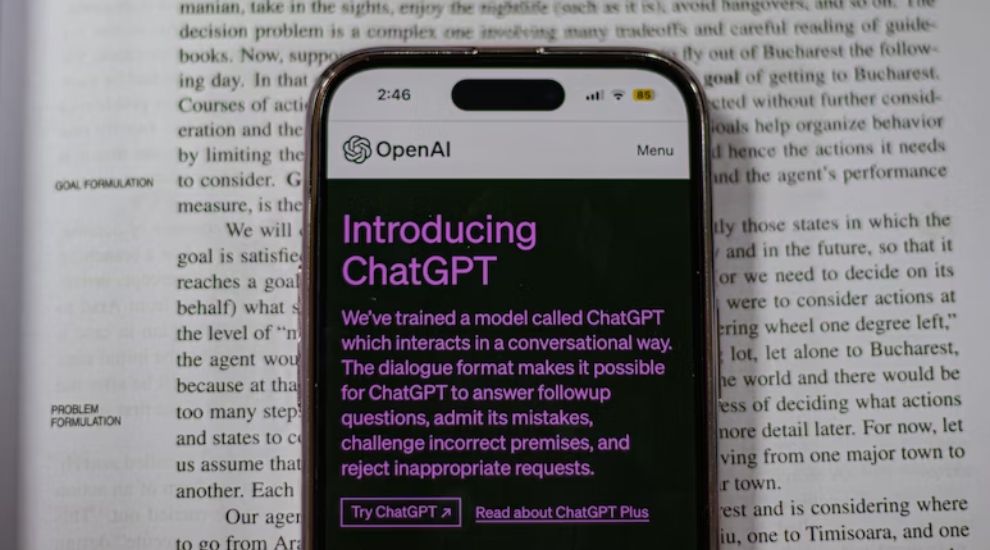Europe and US work on first AI code of conduct to address expert concerns

The European Union and the United States are working on the first voluntary code of conduct on artificial intelligence (AI) for address concerns shared by technology experts and NGOs about the encroachment of this technology.
At the ministerial meeting of the Council for Trade and Technology (CTT) held on Wednesday, May 31 in Lulea (Sweden), Valdis Dombrovskis (Economic Vice President and European Commissioner for Trade), Margrethe Vestager (Commissioner for Competition), Antony Blinken (U.S. Secretary of State), Gina Raimondo (U.S. Secretary of Commerce) and Katherine Tai (U.S. Trade Representative) pushed for such a regulations to make users more comfortable with AI and its fast development.
According to Europa Press, Commissioner Vestager acknowledged in statements to the media that they are “working on a momentary code of conduct that could . be applied as of now and anticipate the advance of artificial intelligence. Democracy must prove to be as fast as technology, despite the fact that the first legislation in this regard will not arrive, at best, for another three years.“.
On the other hand, France24 indicates that “those responsible for drafting this regulation. will count on the opinion of the principal exponents in the industry, a hook that will serve to attract their signature of voluntary commitment.” In this way, the European Union will establish a turning point for use such technology sparingly.

The aim of the first code of conduct on AI
The objective of Europe and the United States is to establish voluntary codes of conduct that are open to all like-minded countries and that development companies can voluntarily commit to this development.
Also, the European Union wants to be the first to adopt a complete legal framework. to limit the consequences and abuses of artificial intelligence, despite the fact that the regulation will come into force at the end of 2025.

Sign up for our newsletter and receive in your e-mail the latest news about technology.





